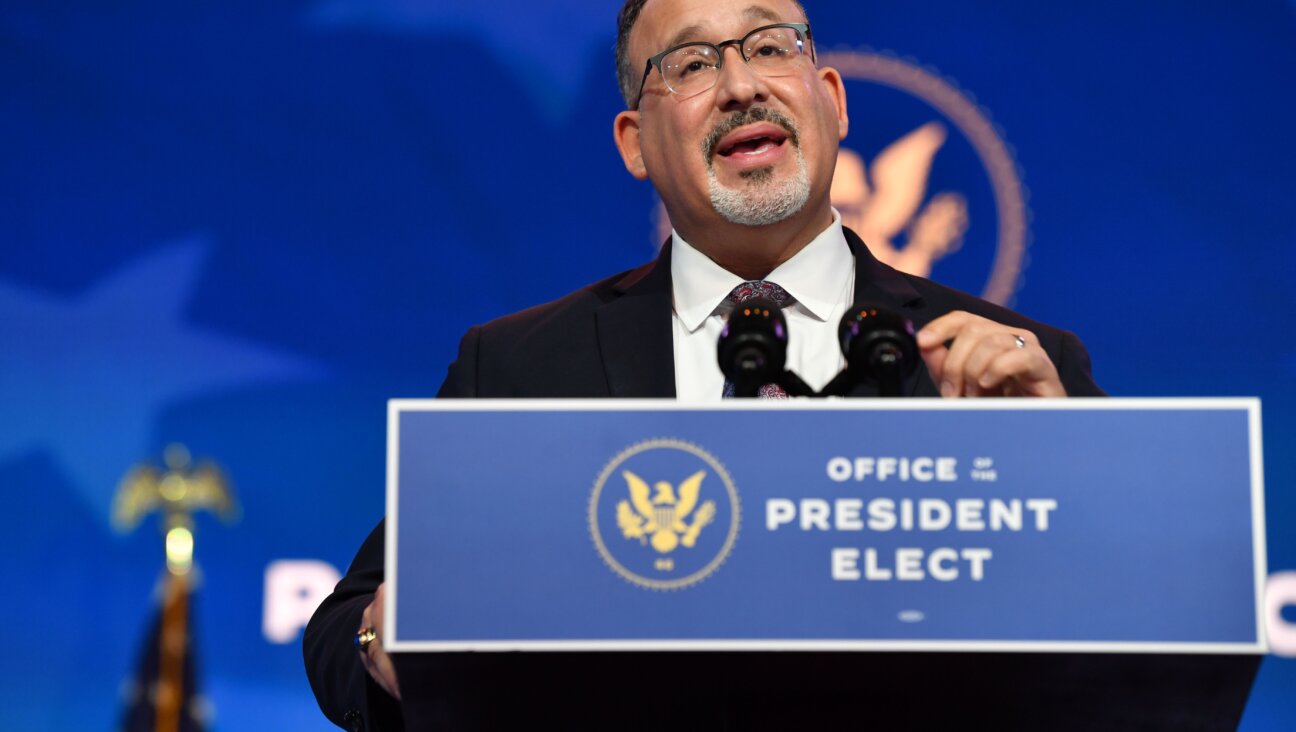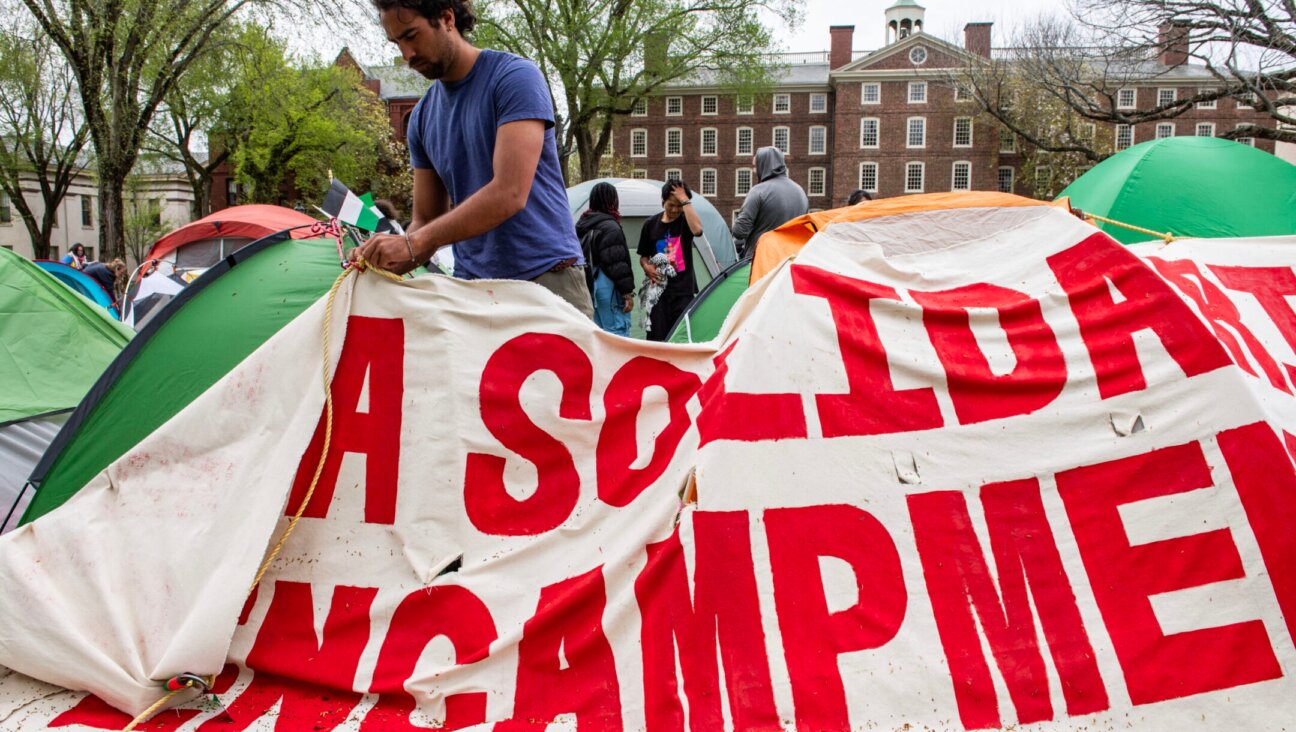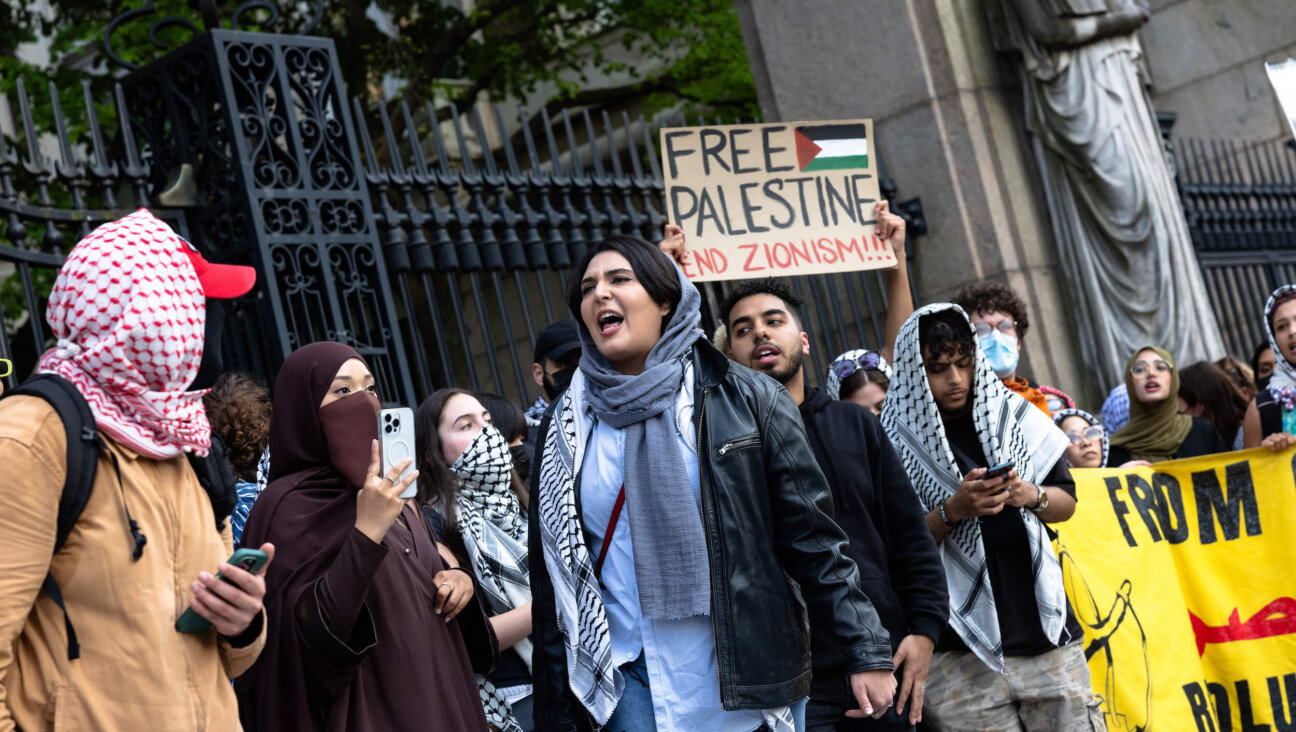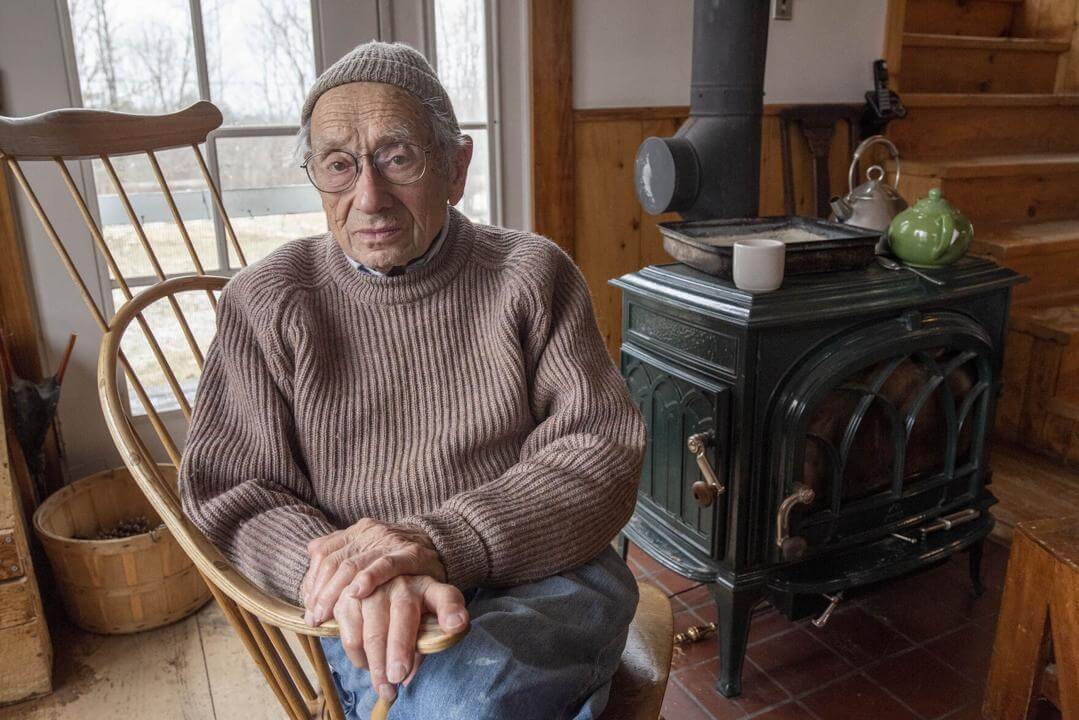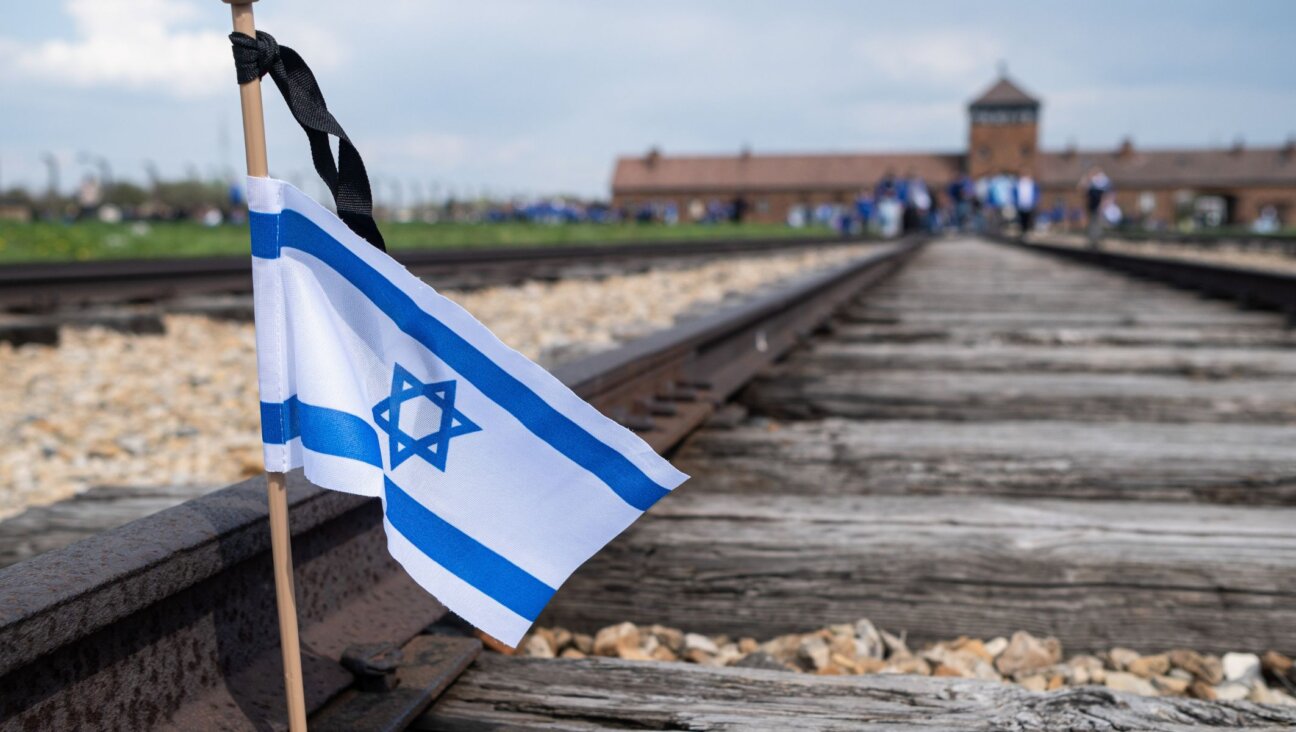Quebec Unveils Plan to Ban Religious Symbols To Convey Secular Society

A Secular Push: The Charter of Quebec Values would ban religious symbols from the public sphere. Image by Getty Images
Sept 10 (Reuters) – The Canadian province of Quebec will not allow public servants to wear Muslim headscarves, Jewish skullcaps or other obvious religious symbols under a new charter unveiled on Tuesday that is designed to cement a secular society.
The pro-independence government of the predominantly French-speaking province says its Charter of Quebec Values will help create a distinct identity for its 8 million people.
Opponents say it infringes on civil liberties in a part of Canada that has already seen years of tension over accommodation for religious minorities, particularly those from immigrant communities.
Religious groups and many political leaders oppose the charter, which will face legal challenges at the Supreme Court of Canada, assuming the provincial legislature approves it.
Quebec’s governing Parti Quebecois (PQ) is trailing in the polls and, with only a minority of seats in the legislature, needs support from other parties to pass bills, casting doubt on whether the charter will survive in its current form.
The ban on prominent crucifixes, hijabs, niqabs, burqas, turbans and the Jewish yarmulkes would apply to groups such as teachers, police officers, civil servants, hospital staff, judges and prison workers.
Official documents give the nod to discreet religious symbols, such as a small crucifix or a ring with the Star of David, but not to veils, large crucifixes or turbans.
On paper at least, the charter is more sweeping than a 2004 French law banning religious symbols in schools. Protests erupted in 2011 after France banned full face Islamic veils in public, alienating many of its 5 million Muslims.
Bernard Drainville, the Quebec minister of democratic institutions, said that if the state is neutral, then those who work for it must be neutral too.
“That’s why the government of Quebec is proposing to ban public employees from wearing ostentatious religious symbols during work hours,” he said at a news conference on Tuesday.
“We’re talking about very obvious symbols … which send a clear message: ‘I am a believer and this is my religion.’”
A DIFFERENT MESSAGE
Quebec’s drive toward a secular society contrasts with a multicultural approach elsewhere in Canada, which encourages different communities to keep their faiths and traditions.
Salam Elmenyawi, president of the Muslim Council of Montreal, said the PQ was trying to pit Quebecers against each other and start a fight with the federal government.
“They are not really concerned at all about the well-being of the very large number of men and women who may lose their jobs or leave the province,” he told Reuters.
A large number of the 350,000 Muslims in Quebec work in day-care centers or as teachers or nurses, he added.
“They’re trying to remove religious freedoms. They’re trying to impose rules on religious values,” said Harvey Levine, president of the Quebec branch of the Jewish organization B’nai Brith.
Until the early 1960s, Quebec was heavily dominated by a Roman Catholic Church that ran the health care and education systems and wielded huge influence over public and private life.
Over the next decade, a new generation of politicians, frustrated by what they saw as the stifling influence of the church, pushed through reforms shrinking its role.
Yet as Catholicism’s influence waned, tensions grew over other religions. More than 10 percent of Quebec’s population is foreign-born, prompting a debate over how tolerant the province should be toward outsiders.
Drainville said institutions could apply for a five-year exemption from the charter, but gave few details. The government will unveil formal draft legislation later this year after a period of public comment.
The political changes of the 1960s helped create the separatist Parti Quebecois, which wants Quebec to break away from the rest of Canada. Separatist governments have held two referendums on independence, in 1980 and 1995. Both failed.
In Ottawa, the federal Conservative government said it would ask the justice ministry to study the charter and would challenge any law it deemed to be unconstitutional.
“Obviously the separatist government in Quebec would like to pick a fight with the federal government any time on any issue,” said Jason Kenney, the minister in charge of multiculturalism.
Canada’s Supreme Court gave an indication of its view of religious symbols in a 2006 decision that allowed orthodox Sikh students to carry kirpans, traditional daggers, to school.
Drainville said a large crucifix in the National Assembly would stay in place, since it was part of Quebec’s history. Christmas trees would be allowed in offices because they reflected the province’s culture, he added.

I hope you appreciated this article. Before you go, I’d like to ask you to please support the Forward’s award-winning, nonprofit journalism during this critical time.
Now more than ever, American Jews need independent news they can trust, with reporting driven by truth, not ideology. We serve you, not any ideological agenda.
At a time when other newsrooms are closing or cutting back, the Forward has removed its paywall and invested additional resources to report on the ground from Israel and around the U.S. on the impact of the war, rising antisemitism and the protests on college campuses.
Readers like you make it all possible. Support our work by becoming a Forward Member and connect with our journalism and your community.
Make a gift of any size and become a Forward member today. You’ll support our mission to tell the American Jewish story fully and fairly.
— Rachel Fishman Feddersen, Publisher and CEO
Join our mission to tell the Jewish story fully and fairly.








